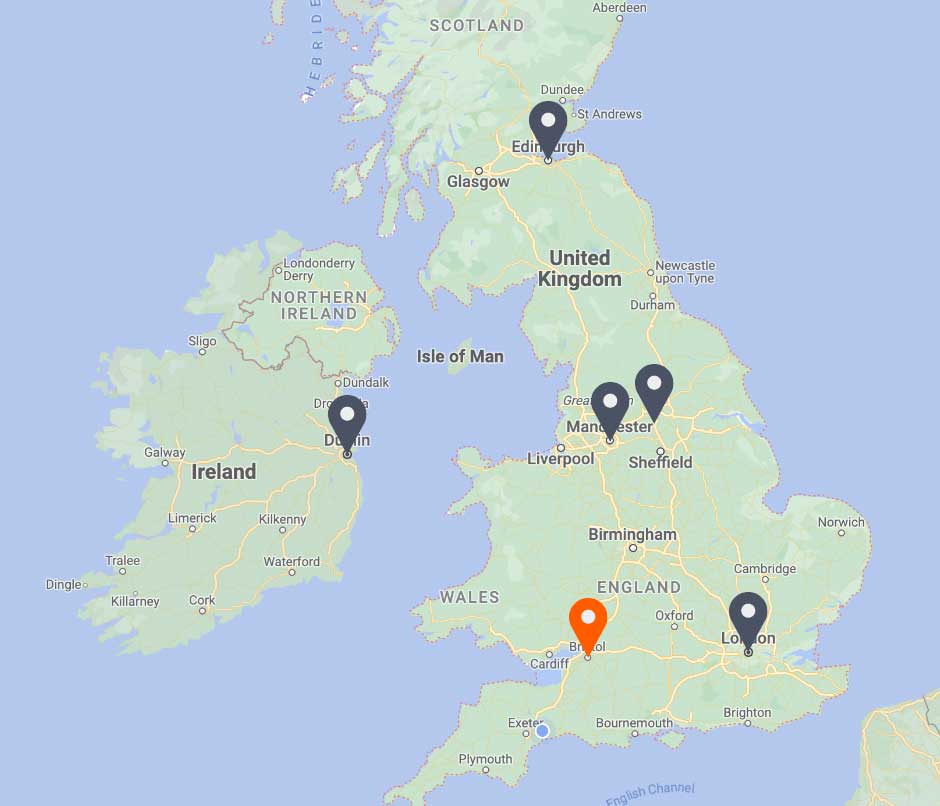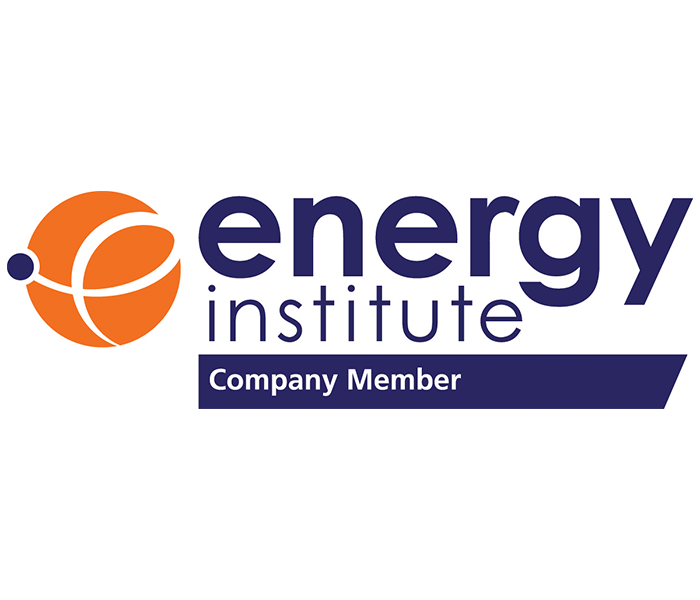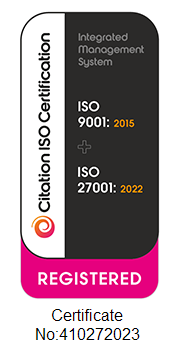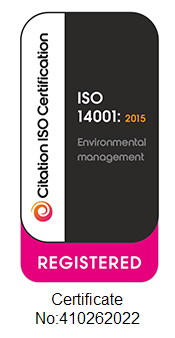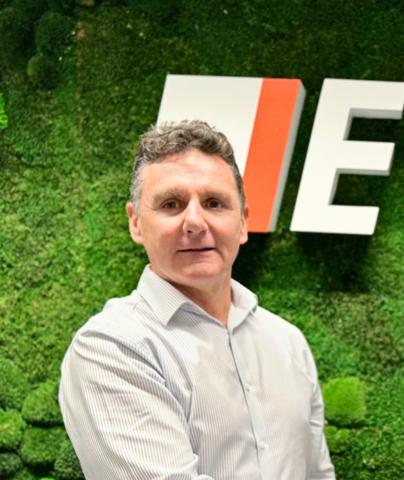THIS ARTICLE AT A GLANCE
CONTACT ETS
If you have any questions or would like to discuss further what you should be doing, ETS is here and willing to help.
Call 0117 205 0542
Email enquiries@energy-ts.com
Submit a contact form
CHECK OUR SERVICES
ESOS Compliance Guidance: Are you ready for ESOS Phase 2?

We are quickly approaching ESOS Phase 2 of the Energy Savings Opportunity Scheme. If you qualify for ESOS you must submit your notification of compliance by 5th December 2019. Whilst this might seem a little early to be talking about the next round of ESOS assessments, companies need to start collecting 12 consecutive months of energy data that includes the qualification date (which falls on 31st December 2018) but not the compliance date.
Phase 1 saw close to 2,800 late submissions, resulting in a number of punitive measures. In addition, only 16% of the total submissions received during Phase 1 were compliant with the ESOS requirements, with three-quarters requiring remedial action.
It is essential that you review your ESOS requirements to ensure you capture the correct information and energy data for your sites. This was one of the biggest audit failings for many organisations during ESOS Phase 1 due to lack of consideration to the organisation structure, its partner, parent and sister companies.
Deadlines

Data Collection
12 consecutive months of energy data must be provided that includes the qualification date (which falls on 31st December 2018) but not the compliance date. Figure 1 shows the energy data restrictions. It is worth noting that relying on invoices could be a mistake as your audits may require more granular data.

Our team of Energy Data Analysts can support your organisation with collating accurate energy data and ensuring all aspects of reporting are covered, subject to the organisations’ declaration.
Audit Restrictions
You are required to provide 12 consecutive months of energy data in order to complete your audit. Your audit cannot be undertaken more than a year before the compliance deadline of 5th December 2019 nor extended beyond this date.
Many organisations that delayed starting the process during Phase 1, experienced difficulties in finding ESOS Lead Assessors and collating accurate energy data. This resulted in a number of late submissions. We recommend planning early and speaking with one of our ESOS Lead Assessors now by calling 0117 379 0850 or emailing enquiries@energy-ts.com.
Data Quality
The better your data, the more insight you will gain from your energy audits and the more reliable your energy savings recommendations. The more recent the data included within your audit, the more relevant the audit will be to current working practices; this is why metering your portfolio and collating your energy data now will provide you with valuable information.
Next Steps
The qualification criteria and requirements of ESOS Phase 2 are complex and can be challenging for organisations to ensure compliance. Speak to one of our ESOS Lead Assessors now on 0117 379 0850 or email enquiries@energy-ts.com.
Webinar
If you would like to learn more about ESOS Phase 2, sign up to our free webinar and speak with one of our ESOS Lead Assessors. Alternatively, if you are not able to join our webinar, a recording can be viewed here.
Final thoughts
If you are looking for an energy management system that is tailored to your business needs, ETS can provide you with 25 years of experience in dramatically improving energy efficiency and reducing environmental impacts. Whether your businesses have individual assets or large international portfolios, ETS can assist you in saving substantial amounts of money while significantly reducing your carbon performance.
To discuss your requirements, get in touch. You can contact us by calling 0117 205 0542 or drop us an email at enquiries@energy-ts.com.







































